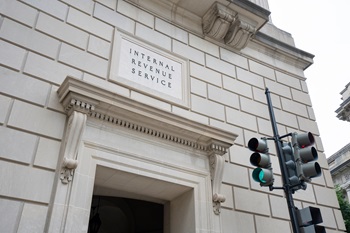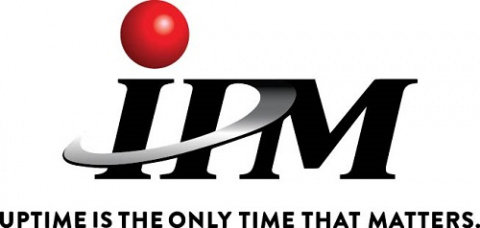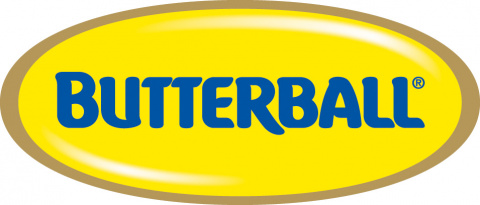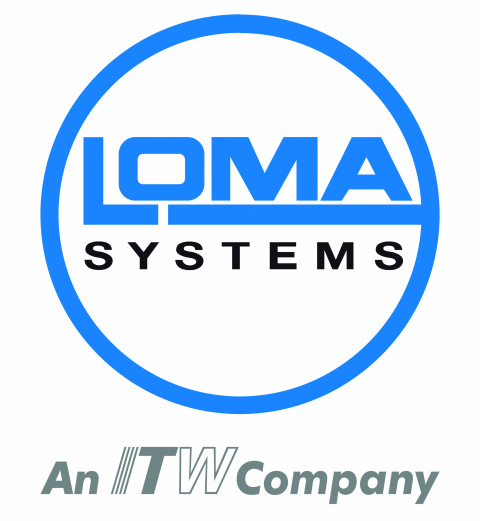
<blockquote class="unquoted">This is the first installment in a new FMI blog series on changes in taxes impacting the food industry. This series will take deeper dive on individual tax provisions and what they mean for food companies. </blockquote><p style="text-align:center;"><em>The temporary 199A deduction for pass-through entities, created under the Tax Cuts and Jobs Act. was made permanent under the recently passed One Big Beautiful Bill Act signed into law on July 4, 2025. </em></p><p>By Andy Harig, Vice President, Tax, Trade, Sustainability and Policy Development </p><img src="https://www.fmi.org/images/default-source/blog-images/irs_building.tmb-large-350-.jpeg?Culture=en&sfvrsn=70e7cbe6_1" style="float:right;margin-bottom:10px;margin-left:10px;" alt="Door entrance to the IRS building" class="-align-right" sf-size="100" /><p>The first time I paid taxes was in 1984. Back then the process was old school – you went to the library or post office to pick up the forms, you filled them out in pen, then you trucked it back to the post office to physically mail them. No online e-file in the 80s. </p><p>As I was getting ready to drop those first forms in the mailbox, I paused a moment to savor it. Surely, I thought, someone as young as I was – who was already paying taxes when most of his classmates were still playing with G.I. Joes – was destined for greatness. My father – worn out from doing the family taxes – mistook my triumph for trepidation. “No point in waiting, big guy – you’ll be doing this for the rest of your life. Taxes are forever.”</p><p>Boy was he right. </p><p>But while we all are on that tax-paying treadmill, the tax code itself is ever-changing, adjusted on a regular basis to reflect the government’s revenue needs or public policy goals. When the <em>Tax Cuts and Jobs Act</em> was passed in 2017, it brought with it a cruel example of the ephemeral nature of the Internal Revenue Code.<span style="background-color:transparent;color:inherit;font-family:inherit;font-size:inherit;text-align:inherit;text-transform:inherit;word-spacing:normal;caret-color:auto;white-space:inherit;"> </span></p><p>The corporate tax rate was <em><span style="text-decoration:underline;">permanently </span></em>set at 21%. This was a huge victory for our industry – at the time, “C” corporations faced the second-highest tax rate in the developed world. To balance this rate for closely held businesses, Congress created a 20% deduction of qualified business income for pass-through entities, referred to as 199A in shorthand. Combined with a lower top individual rate of 37%, 199A created a level-playing field for the vast majority of food retailers and manufacturers that are organized as “pass-through entities”, parity that meant for the first time business decisions about how to organize didn’t need to be driven by the top tax rates. </p><p>The 199A deduction was also a huge victory for this industry, but it came with a challenging caveat – the 20% deduction was timed to expire at the end of 2025. So, “C” corps had certainty that they could plan around but pass-throughs were faced with the challenges of a temporary tax provision that was subject to Congressional renewal. While I’ve spent over 25 years working for and with Congress and love the institution, I’m realistic enough to know that no one wants to be subject to the whims and cooperation of that particular group of 535 legislators. </p><p>Fortunately, Congress did act, and the industry was able to walk away with another huge victory. The “One Big Beautiful Bill” that passed right before July 4<sup>th</sup> drew a lot of press coverage, much of it confusing and contradictory. Mixed in with the debate about Medicaid, SNAP, immigration, and even gun control, Congress acted to renew the <em>Tax Cuts and Jobs Act</em>, including the 199A deduction. In fact, they not only renewed it, but they made it permanent!</p><p>With President Trump’s signature on July 4<sup>th</sup>, the One Big Beautiful Bill Act put an end to this portion of the temporary tax code, creating permanence and certainty for food retailers and manufacturers that can aid in planning around expansion and job growth. The level playing field that is so important for the competitive environment of the industry is now a permanent feature of the tax code. </p><p>Tracking legislation can be challenging, especially when the press is following it with the intensity they turned on the One Big Beautiful Bill. Sorting through different accounts and understanding exactly what is in play and what is at stake can be hard for even the most experienced DC-hand. Though it was often missed in coverage of the legislation, the permanent extension of the 199A deduction proved to be “One Big Beautiful Victory” for our industry.</p>Read More
















